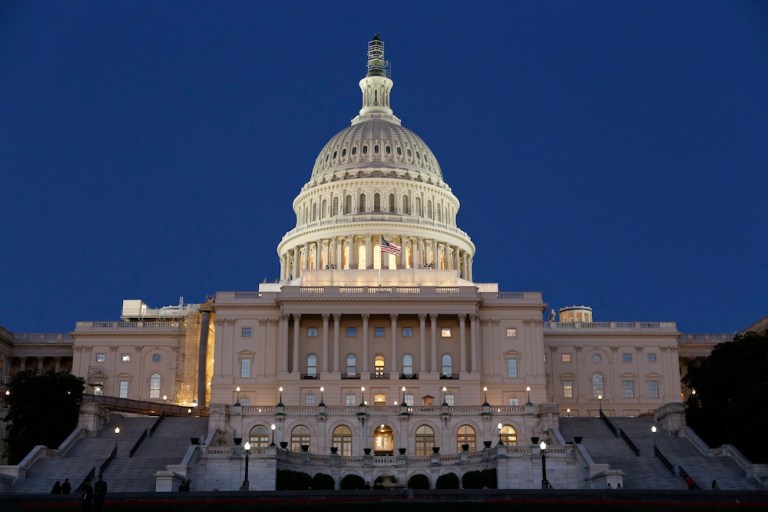Trump’s Fed Nominee Points To Regulatory Revamp

Not all financial services regulation is occurring across the pond, though Brexit and other countries grabbed their share of headlines this past week for our Regulatory Tracker. In the United States, President Trump’s nominee for the Fed’s supervision efforts said it is time to mull rolling back some of the regulations in place since the financial crisis.
Regulatory rollbacks may be coming to Capitol Hill, as has been widely anticipated.
CNBC reported news that President Donald Trump’s nominee to oversee banking regulations said in a hearing that some legislation in place that has been extant since the financial crisis should be scaled back or dismantled. Randal Quarles, who has been nominated to fill the long-vacant vice chair post for financial industry supervision through the Federal Reserve, said at his confirmation hearing before the Senate banking committee that “with the benefit of experience and reflection, some refinements will undoubtedly be in order.”
Donald Trump’s Fed nominee said he would look to implement the financial reforms that have been championed by a recent Treasury report, which includes revamping stress tests that examine bank capital buffers. Quarles also said that there should be more transparency in stress testing. The Treasury recommendations, as has been reported, do not require Congressional approval to change the regulatory landscape. And because the legislative process need not be involved, those regulation recommendations are widely seen as a way for Republicans to chip away at Dodd-Frank across alternative means.
Separately, of course, Brexit got some of the regulatory spotlight. Reuters reported that the House of Lords, through its financial affairs panel, is set to examine how Britain can maintain some access to the European markets in its banking and financial activities following the Brexit vote. Legislators on that committee said that they seek to preserve some sort of co-operation in order to maintain the U.K.’s status as a financial hub after March of 2019.
Within the halls of Congress, the U.S. House of Representatives voted last week to scuttle the CFPB rule that would let consumers join class action lawsuits rather than be bound to arbitration against financial services firms. The vote was lopsided, done across party lines, with 231-190 as the final tally. Republicans said, as The Star-Tribune reported, that data show trial lawyers are the winners when it comes to class action suits. Republicans serving on the House Financial Services Committee said in a statement that the CFPB ruling would force companies to “absorb both the additional costs of arbitration and the huge litigation costs of class actions, forcing companies to decline to take on the optional cost [of arbitration] and relegate all disputes to the judicial system.”
And in Asia, China’s central bank stated last week that it would aim to keep credit growth “moderate” and that transactions done on the financial markets, including those done over the internet, will see strong oversight.